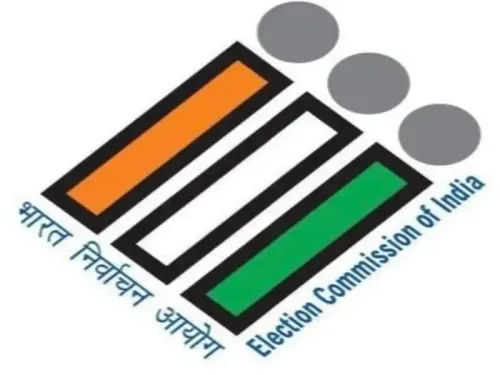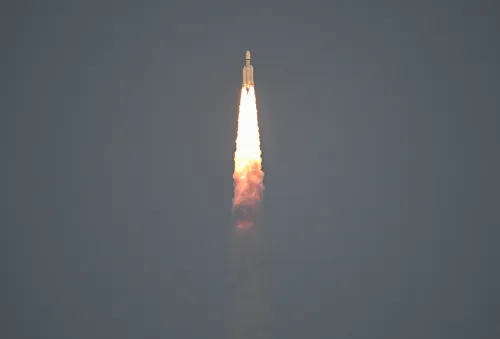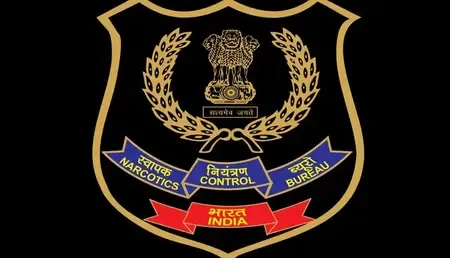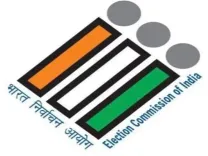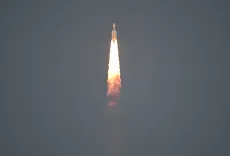Will Russia and India Expand Their Crude Oil Cooperation?
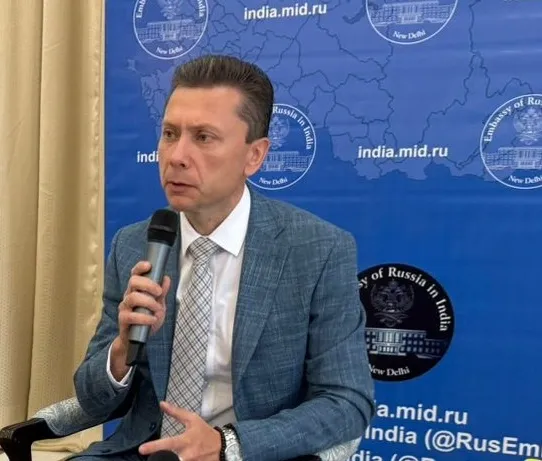
Synopsis
Key Takeaways
- India and Russia are committed to expanding crude oil cooperation.
- Payments are often made in national currencies to circumvent sanctions.
- The delivery of the S-400 missile system is on track.
- The revival of RIC dialogue is anticipated amidst geopolitical challenges.
- Moscow aims to act as a bridge between New Delhi and Beijing.
New Delhi, Aug 20 (NationPress) India and Russia are set to not only maintain but also enhance their cooperation in crude oil, despite the United States planning to impose new tariffs on India, according to Roman Babushkin, the Charge d'Affaires of Russia in India, who spoke on Wednesday.
Babushkin emphasized, “Absolutely, not only continue but it will be expanding because we have demonstrated our ability to overcome all the obstacles and any attempts to derail our cooperation based on national interests are doomed to fail,” during an interview with IANS in New Delhi.
This assertion comes at a critical time as India confronts potential tariffs from Washington related to discounted Russian oil imports, which have been vital for New Delhi's energy security and managing inflation.
Russia continues to be among India's leading crude suppliers, often conducting transactions in national currencies to evade Western sanctions.
Regarding the anticipated delivery of the S-400 air defense missile system, Babushkin confirmed that the timeline remains on track. “As far as I know, they are going to the schedule,” he stated.
The delivery of the remaining two squadrons of the S-400 Triumf surface-to-air missile system is expected to be finalized by 2026-2027, according to the current plan.
Babushkin also discussed the potential revival of the Russia-India-China (RIC) trilateral dialogue, suggesting that it could resume within multilateral forums such as the Shanghai Cooperation Organisation (SCO).
“The importance of RIC is not questioned. When the right time comes, the meeting will take place. We used to have RIC engagements in different forums, so Russia would expect or hope to resume RIC and expect it to take place sooner rather than later,” he remarked.
This grouping, recognized as a balancing force in Eurasian geopolitics, has been relatively inactive in recent years due to increasing Sino-Indian tensions.
Despite this, Moscow is actively positioning itself as a mediator between New Delhi and Beijing within various multilateral institutions.
Babushkin’s statements reflect Moscow’s commitment to strengthen and deepen strategic ties with India in areas such as defense, energy, and diplomacy, even amidst growing global pressure on both nations to adjust their relations.


